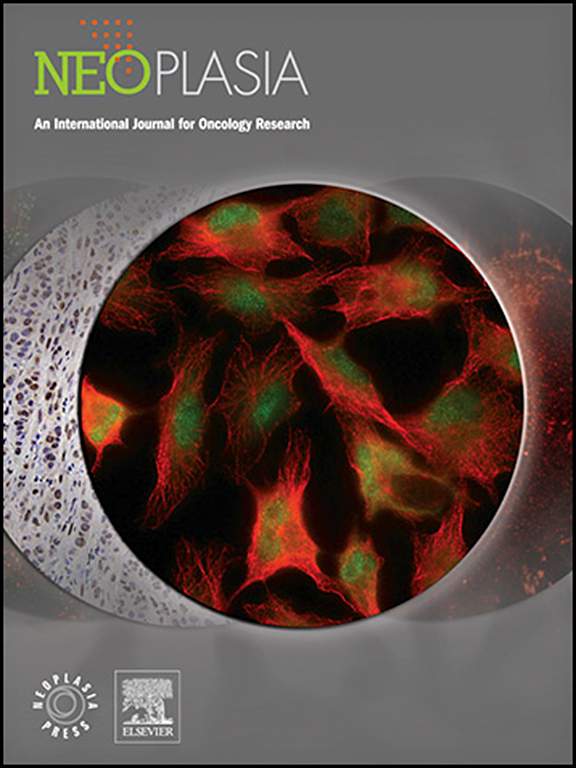Decoding androgen receptor signalling: Genomic vs. non-genomic roles in prostate cancer
IF 4.8
2区 医学
Q1 Biochemistry, Genetics and Molecular Biology
引用次数: 0
Abstract
The Androgen receptor (AR) is known to manifest the biological actions of male sex hormones. Androgens are now known to exert a multitude of responses, sometimes contrasting, in physiological and pathological conditions. Several groups have attempted to explain the underlying mechanisms of these varying androgen responses, including the non-genomic actions of androgens. These actions lead to increased activity of pro-proliferative signal transduction pathways, resulting in rapid molecular effects that cannot be explained by the conventional model in which AR functions as a transcription factor to modulate target gene expression [1,2].
This spotlight article examines Safi et al.'s research on the androgen receptor (AR) in prostate cancer, revealing that low androgen levels drive proliferation via non-genomic mechanisms involving AR monomers, while high levels suppress growth through genomic actions with AR dimers. These findings challenge current paradigms and suggest novel therapeutic strategies targeting both AR forms, particularly focusing on the role of AR monomers in cancer progression and treatment resistance.
解码雄激素受体信号:基因组与非基因组在前列腺癌中的作用
众所周知,雄性激素受体(AR)能体现雄性激素的生物作用。目前已知雄激素在生理和病理条件下可产生多种反应,有时甚至是截然相反的反应。一些研究小组试图解释这些不同雄激素反应的内在机制,包括雄激素的非基因作用。这些作用导致促增殖信号转导通路的活性增加,从而产生快速的分子效应,而这些效应无法用传统模式来解释,即 AR 作为转录因子调节靶基因的表达[1,2]。这篇聚焦文章探讨了 Safi 等人对前列腺癌中雄激素受体(AR)的研究,揭示了低雄激素水平通过涉及 AR 单体的非基因组机制来推动增殖,而高雄激素水平则通过 AR 二聚体的基因组作用来抑制生长。这些发现对目前的范式提出了挑战,并提出了针对这两种形式的AR的新型治疗策略,尤其关注AR单体在癌症进展和治疗耐药性中的作用。
本文章由计算机程序翻译,如有差异,请以英文原文为准。
求助全文
约1分钟内获得全文
求助全文
来源期刊

Neoplasia
医学-肿瘤学
CiteScore
9.20
自引率
2.10%
发文量
82
审稿时长
26 days
期刊介绍:
Neoplasia publishes the results of novel investigations in all areas of oncology research. The title Neoplasia was chosen to convey the journal’s breadth, which encompasses the traditional disciplines of cancer research as well as emerging fields and interdisciplinary investigations. Neoplasia is interested in studies describing new molecular and genetic findings relating to the neoplastic phenotype and in laboratory and clinical studies demonstrating creative applications of advances in the basic sciences to risk assessment, prognostic indications, detection, diagnosis, and treatment. In addition to regular Research Reports, Neoplasia also publishes Reviews and Meeting Reports. Neoplasia is committed to ensuring a thorough, fair, and rapid review and publication schedule to further its mission of serving both the scientific and clinical communities by disseminating important data and ideas in cancer research.
 求助内容:
求助内容: 应助结果提醒方式:
应助结果提醒方式:


